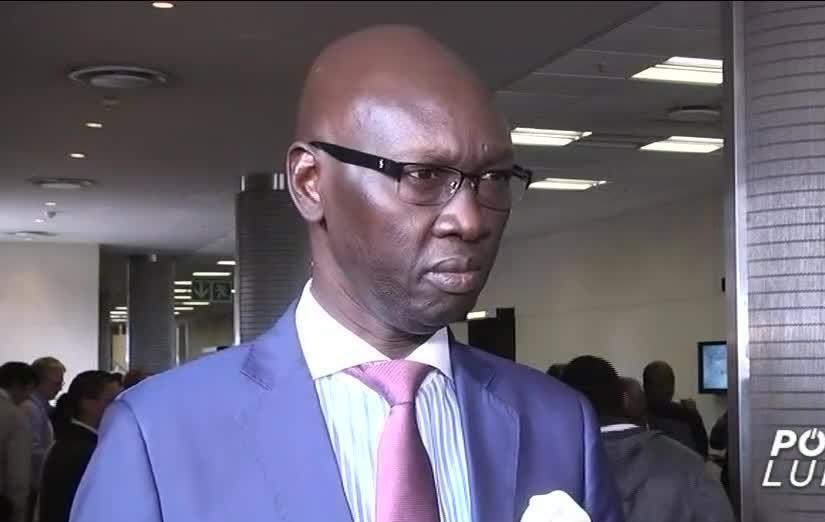Yiep Joseph
Africa-Press – South-Sudan. The high turnover of bosses at the Ministry of Finance and Planning and the Bank of South Sudan are not to blame for the country’s economic woes.
South Sudan has witnessed frequent changes at the Ministry of Finance and the Central Bank with President Salva Kiir frequently making the changes. The high rotation has been faulted by some policy analysts who argue that the officeholders need the security of tenure to deliver.
But in his interview with The City Review, an economist Dr Abraham Maliet argued that ministers are political appointees and the decision on who to appoint rests with the appointing authority—the president.
Maliet, who was responding to the National Economic Conference (NEC) resolution that calls for the review of the tenure or term of the Minister of Finance and Planning, the undersecretary, the bank’s governor, and the deputies, avers that the policy gap is to blame and not frequent changes.
“It is not about the change of people that brings economic crisis; it is the policy. If there is a policy made clear and understood, then whoever you bring in must do that policy, but in the first place, we do not have good policies,” Maliet said, adding the onus is on the leaders in financial institutions to operationalise the policies.
He added that their performances matter a lot and that would mean that one only lasts if they are performing their duties.
“The undersecretary is (selected) based on performances; you cannot be given a fixed contract while we do not know your performance. The [appointment] of undersecretary and governor of the Bank of South Sudan should be based on performances; if they perform well, they will be given a chance; if they do not, they cannot keep the job,” he said.
He added that the minister is not an employee and the contracts of political appointees cannot be reviewed.
Maliet stated that every appointee needs someone to ensure that his or her job is done said tis gives them opportunity to recommend who should be brought in and who should be removed.
“I suggest here is that every minister needs to get people who will do the job,” he said.
He said the conference has talked about the implementation of policies and putting in many resources to change the economic situation.
On the other hand, the Vice President for Infrastructure Cluster, Taban Deng, argued that frequent removal of officials cannot solve the economic problems in the country but they need more time to implement projects.
The NEC also resolved to effect fiscal discipline through transparency, accountability, and integrity in the performance of financial activities.
In order to accelerate necessary PFM reforms, the NEC participants resolved that “an appropriate model for a Treasury Single Account should be operationalized this fiscal year” and that all “off-budget programs, particularly the Oil for Roads program, should be fully integrated and mainstreamed into the budgetary processes of the MOFP.”
Source: The City Review South Sudan
For More News And Analysis About South-Sudan Follow Africa-Press






